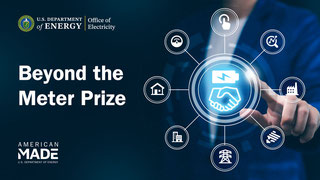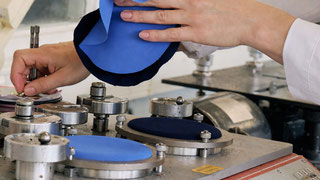Creating the Island of Happiness
The search for harmony between people and their environment is timeless, but our successes have traditionally come with a negative impact on the environment. Seawalls have been no exception to this legacy, but their function of protection from storms and erosion remains a vital need. That’s why The Island of Happiness is looking to bridge the gap in sustainable seawalls, and that’s where we need original, mold-breaking designs.
There has yet to exist a treatment for the sea edge that is sustainably designed without sacrificing an elegant aesthetic. Your challenge is to propose a new kind of sea edge treatment that can be created first for the Island of Happiness, and eventually become the new standard for sea edge treatments in the rest of Indonesia and possibly other parts of the world.
Prize Summary
Prizes will be awarded to leading innovators in both the ideation and prototype phases. However, the money is just the beginning. Winners of the ideation phase who advance into prototyping will travel to the Island of Happiness to collaborate with Kura Kura Bali and other firms to develop and test their prototype (all expenses paid).
Other prizes may include
- Recognition at the United Nations Global Initiative Sustainable Development Solutions Network
- Recognition in the Shanghai Gallery of Art at Three on the Bund
- Scholarship (subject to meeting admission criteria) to enroll in UID’s flagship leadership development course conducted in collaboration with MIT Sloan School of Management, or other courses at our partners Tsinghua University, Bandung Institute of Technology, Paramadina University and University of Indonesia
- Potential happiness job in the Island of Happiness, based on availability
- The opportunity to apply your solution to seawalls in different parts of the Indonesian Archipelago
You’re in Good Company
There are a number of remarkable, accomplished individuals who have recognized the need for breakthroughs in sustainable development and endorsed the UN Sustainable Development Goals Pyramid initiative and we welcome you to join this movement. Included in that group is Unilever CEO Paul Polman, legendary American record producer, Quincy Jones, and former Executive Secretary of the UN Framework Convention on Climate Change (UNFCCC) Christiana Figueres, and many more.
This competition serves a vision that embraces an economically and ecologically sound approach to development, best described by the minds behind Better Business, Better World. Isn’t it about time we prove this can be done and show others what’s possible?
What you can do right now:
- Click "Accept Challenge" above to register for the challenge and view the submission form.
- Click on the "Share" button above to share this challenge with your friends, your family, or anyone you know who has a passion for the coastal environment, engineering, or sustainability.
- Leave a comment in the Forum to join the conversation, ask questions or connect with other innovators.
Want to learn more?
The Island of Happiness seeks to create a model community based on the principles of the Balinese belief in the Three Ways to Happiness: harmony with people, with nature, and with spiritual in all aspects of living. You can learn more about it and how it has been translated into a sustainable design framework by following this link. To this end, both the design and implementation of all projects must enhance and help maintain the natural beauty and culture of the island, and allow for further implementation and/or scale to other locations, worldwide.
If this sounds like the right kind of challenge for your aspirations, click the “Accept Challenge” button on the top of the page to sign up, view the submission form and stay informed on the latest developments and resources for competing!
Competition Overview
IDEATION PHASE
- Global call for new and creative ideas in seawall design.
- Up to three finalists receive $5,000 each.*
- Up to two finalists advance to the prototype phase.
PROTOTYPE DEVELOPMENT AND TESTING
- Finalist(s) are invited to Bali to develop and test a prototype of their solution in collaboration with pioneering organizations and world experts.
- Up to $140,000 to cover all prototype development and building costs in addition to travel, accommodation, food etc. for the two finalists.**
- $25,000 Grand Prize for a successful prototype.
WINNER ANNOUNCEMENT
- Winners recognized on stage at Tri Hita Karana International Conference on Sustainable Development in October 2018.
Other prizes for Finalists and Grand Prize Winner may include
- Recognition at the United Nations Global Initiative Sustainable Development Solutions Network
- Recognition in the Shanghai Gallery of Art at Three on the Bund
- Scholarship (subject to meeting admission criteria) to enroll in UID’s flagship leadership development course conducted in collaboration with MIT Sloan School of Management, or other courses at our partners Tsinghua University, Bandung Institute of Technology, Paramadina University and University of Indonesia
- Potential happiness job in the Island of Happiness, based on availability
- The opportunity to apply your solution to seawalls in different parts of the Indonesian Archipelago
*Finalist prizes may be awarded for idea concepts with no finalists advancing to prototype development and qualifying for the Grand Prize. See the additional rules section for more information.
**All expenses for Prototype Development and Testing will be paid by Kura Kura International PTE LTD, including accommodation, flight tickets, meals, transport, and construction cost up to a total purse of $140,000.
Plans for the Winning Solution
Kura Kura Bali seeks solutions to mitigate shoreline erosion on the Island of Happiness as a global prototype of sustainable development.
Up to two finalists of the ideation phase will be invited to Bali to collaborate with pioneering organizations and world experts to develop and test a prototype of their design (all expenses paid). Upon completion of prototype development and testing, Kura Kura Bali aims to construct the sea-edge treatment along part of a 950 m section of the coastline in a resort development on the Island of Happiness.
Scalable solutions that are developed for the Island of Happiness will also have the potential to become the new standard in sustainable sea-edge treatment throughout the Indo-Pacific and the world through Kura Kura Bali’s partnerships with the Ministry of Maritime, Affairs and the Ministry of Environment.
The competitors will retain ownership of any intellectual property contained in the proposed solutions. The Grand Prize winner must agree to grant Kura Kura Bali a royalty free, non-exclusive license for the purposes of planning, construction, maintenance, modifications and all other works related to sea walls located on Bali Island, Indonesia. Full details can be found in the Challenge-Specific Agreement.
Site Details
Kura Kura Bali Island is just 15 minutes’ drive from Ngurah Rai International Airport, connected seamlessly to the main Bali island by a short bridge.
Set against the dramatic backdrop of Bali’s sacred Mount Agung on the horizon, Kura Kura Bali is within the realm of Bali’s capital city of Denpasar, and easily accessible from prime resort destinations as Sanur, Nusa Dua, Jimbaran Bay, Kuta, and Seminyak.
Bali’s coastal edges benefit from a relatively gentle climate and wave height. However, storm events combined with a max 2.6 m tidal difference necessitate an effective solution for the vertical sea-edge treatment to prevent shoreline erosion and protect infrastructure.
Tidal Characteristics: The bay surrounding Kura Kura Bali Island is characterized by semidiurnal tides with a maximum tidal range of 2.6 m. The highest tide usually occurs in October and in March.
- Mean Higher Water Spring: +2.3 m PD (PD = Port Datum)
- Mean High Water Neap: +1.6 m PD
- Mean Sea Level: + 1.3 m PD
- Mean Low Water Neap: +1.0 m PD
- Mean Low Water Spring: + 0.3 m PD
Wave Climate: The nearshore wave climate in the area is composed of transformed ocean waves from the Indian Ocean and waves due to local winds. The typical offshore wave height is smaller than 2 m, with extremes of 4 m to 4.5 m. Local waves are comparatively small with significant wave heights rarely exceeding 0.6 m (DHI, 1997). The wave height statistics from the past demonstrate the important role of the coral reef on substantial absorption and dissipation of the offshore wave energy when waves hit the eastern shoreline.
The Development: In keeping with Balinese culture of “harmony with nature,” the development aims to provide greater visual access and pedestrian connectivity with the water and must include an upper promenade as well as additional features which could include lower promenades and/or capping structures to revetment walls. The primary goal of this challenge is to develop a new solution for the wall itself. However, you will see that including additional structures to increase visual access and pedestrian connectivity can increase your score for Visual Appeal (see Evaluation Criteria below).
The seawall will be constructed along the inner shore of a man-made lagoon fed by seawater from the Bali Sea. The desired finished level required along hard water’s edge in order to protect development and pedestrians during a 1 in 100 -year storm event is approximately RL +4.0 m CD, depending upon the location (RL = Reduced Level, CD = Chart Datum).
The aesthetics of the seawall are very important as people on the promenade at one point along the seawall will be able to look across the bay and see the ~4 m high sea wall on the other side.
Evaluation Criteria
The judging panel will consist of experts in environmental protection, sustainability, engineering and construction and be recruited from several of Kura Kura Bali Island of Happiness’ partners, including the Massachusetts Institute of Technology (MIT), Tsinghua University, Udayana University, University of Indonesia and the Bandung Institute of Technology ITB, the Indonesian Coordinating Ministry of Maritime Affairs and the UN SDSN Global Network.
|
Criteria
|
Description
|
% Importance
|
|
Visual Appeal
|
- Reflects the look and style of Balinese culture, architecture, and/or nature
- Visually appealing to look at from the upper promenade and from across the water
- Provides visual access and pedestrian connectivity with the water
|
20
|
|
Environmentally friendly
|
- Smaller environmental impact than traditional, concrete seawalls. Consider the impact of raw materials, construction, sea-edge modification, seawall use, the end-of-life of the sea wall, and the ecological impacts/benefits of the sea wall
|
15
|
|
Financial Feasibility
|
- Cost of implementation and maintenance of the solution is cheaper or similar to other sea-edge treatments
|
15
|
|
Scalability
|
- Potential to be used in other locations on Kura Kura Island, throughout Bali, Indonesia, or the world
|
10
|
|
Design Feasibility
|
- Feasible and robust design given site specifications (see above) for tidal and wave stress
- Protection from rust and other stressors
|
20
|
|
Potential for Prototype Development
|
- Solution will be ready for prototype development in the spring of 2018
|
20
|
Additional information may be requested before making a final selection of Finalists. All submissions will be anonymous during review by the Judging Panel.
Timeline
Pre-registration begins September 18th, 2017
Open to submissions October 3rd, 2017
Submission deadline January 18th, 2017
Judging January 18th to March 14th, 2018
Ideation Finalists Announced March 15th, 2018
Prototype Development and Testing March 16th to September 30th, 2018
Winner Recognition October 10, 2018
Prototype Development
The finalists advancing to Prototyping will collaborate with Kura Kura Bali, the Advisory Panel, the Judging Panel, and external contractors to prepare, develop, and test their prototype. The finalists will be invited to Bali for prototype development in late spring or early summer. Kura Kura Bali will do their best to accommodate the finalists’ schedules when planning prototype development.
All expenses for prototype development, testing and the trip to Bali and the development of the Prototype will be covered by Kura Kura Bali, up to $140,000 total.
Disclaimer:
The prize(s) may be awarded to the eligible winner(s) for idea concept without necessarily meaning the winner(s) must build the prototype. Kura Kura Bali will decide based on a series of information & eligibility criteria background if the winning concept will be moving to the next stage: prototype.
Kura Kura Bali has sole discretion to determine whether to accept any submission, and whether to award one prize, multiple prizes or no prize based on the volume and content of submissions.
Prize Money
Individuals and teams are solely responsible for any taxes that they might incur from their prize money.
Currency
All references to a currency are references to United States Dollars (USD).
Participation Eligibility:
The Competition is open to all individuals or groups of individuals who are over the age of majority in their province, state, territory or country of residence. It excludes employee’s representatives, relatives and agents of Kura Kura International PTE LTD (and their respective affiliates). No individual may be a member of more than one team. One entry per individual or team will be allowed.
In order to be awarded a prize, the finalist(s) must fulfill all Indonesian travel criteria to enter the country on a business visa. Finalist(s) will be responsible for securing their own visa once they have been selected.
Submissions must be made in English unless a team/individual have received prior written permission from the competition organizer. All challenge-related communication will be in English.
No specific qualifications or expertise in the field of seawall design is required. Prize organizers encourage outside individuals and non-expert teams to compete and propose new solutions.
To be eligible to compete, you must comply with all the terms of the challenge as defined in the Challenge-Specific Agreement.
Intellectual Property Rights:
The competitors will retain ownership of any intellectual property contained in the proposed solutions. The Grand Prize winner must agree to grant Kura Kura Bali a royalty free, non-exclusive license for the purposes of planning, construction, maintenance, modifications and all other works related to sea walls located on Bali Island, Indonesia. Full details can be found in the Challenge-Specific Agreement.
Non-Disclosure Agreements:
Participants must keep confidential the data and other information disclosed by Kura Kura International and HeroX during the competition.
Selection of Winners:
Based on the winning criteria, prizes will be awarded per the Judging Criteria section above. In the case of a tie, the winner(s) will be selected based on the highest votes from the Judges.
Additional Information
- By participating in the challenge, each competitor agrees to submit only their original idea. Any indication of "copying" amongst competitors is grounds for disqualification.
- All applications will go through a process of due diligence; any application found to be misrepresentative, plagiarized, or sharing an idea that is not their own will be automatically disqualified.
- All ineligible applicants will be automatically removed from the competition with no recourse or reimbursement.
- No purchase or payment of any kind is necessary to enter or win the competition.
- Void wherever restricted or prohibited by law.
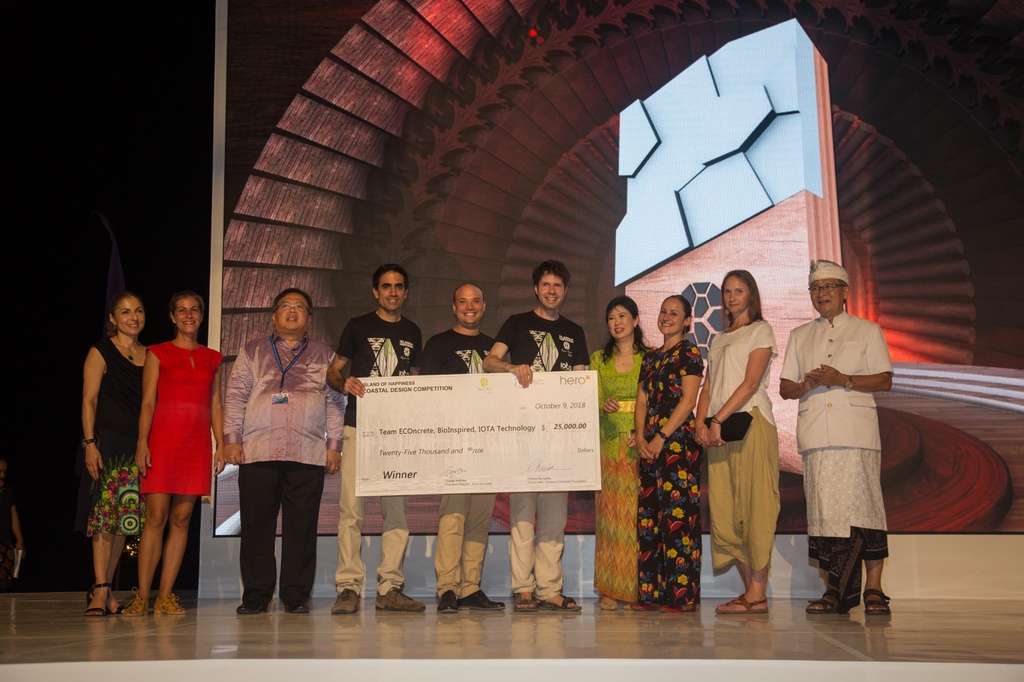



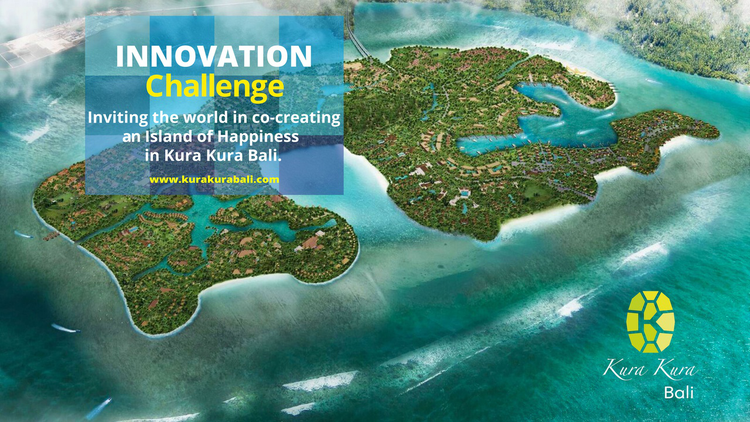
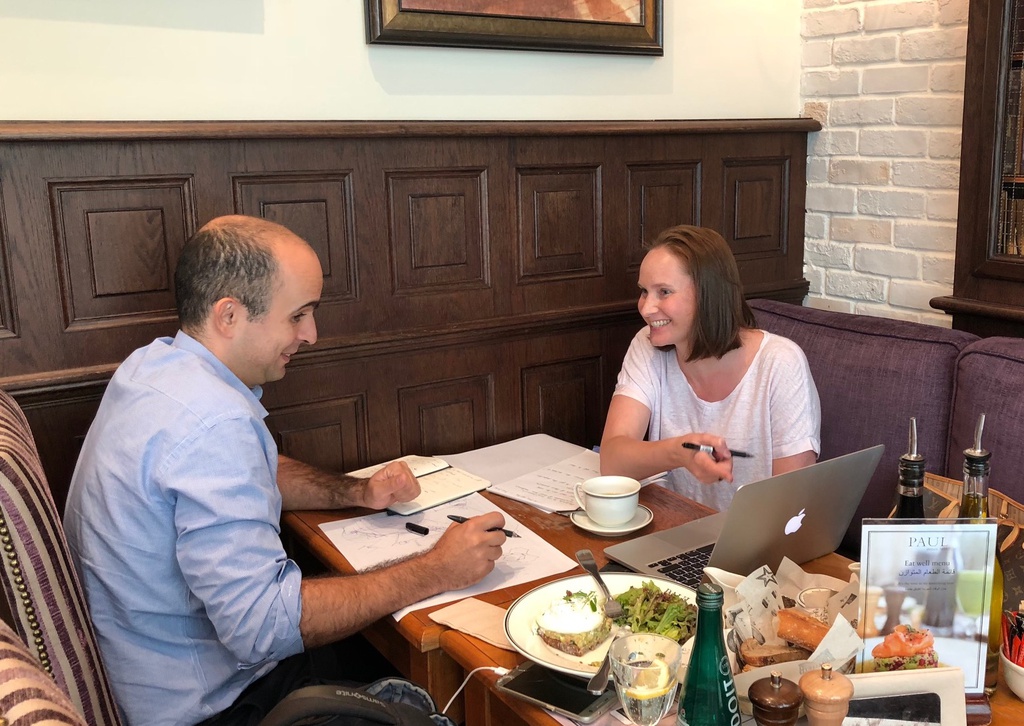
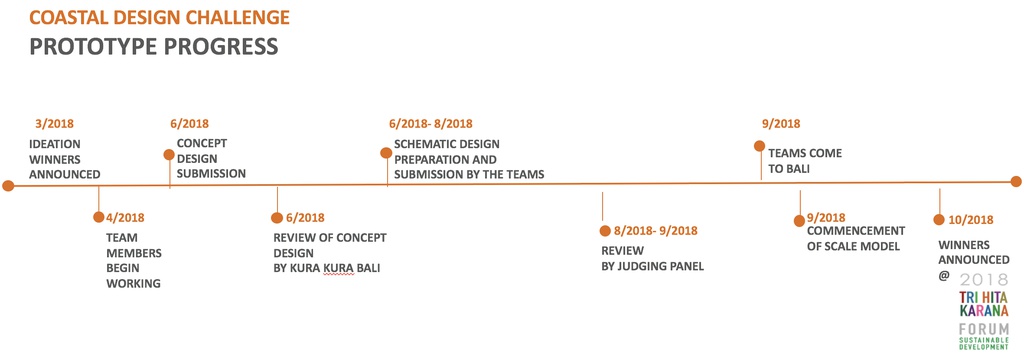
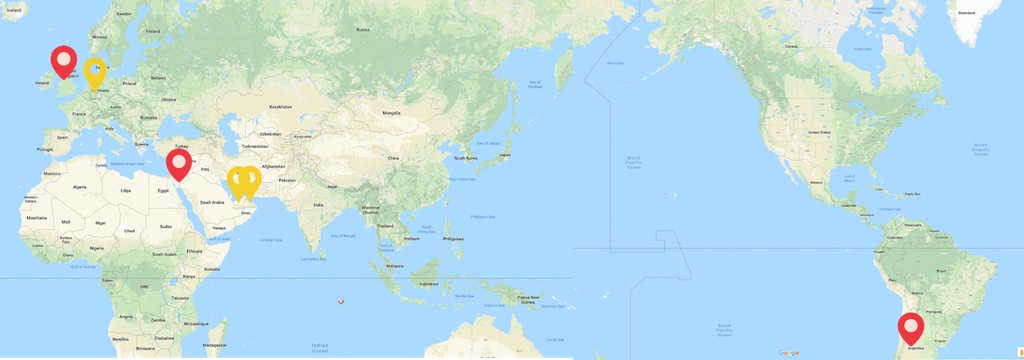

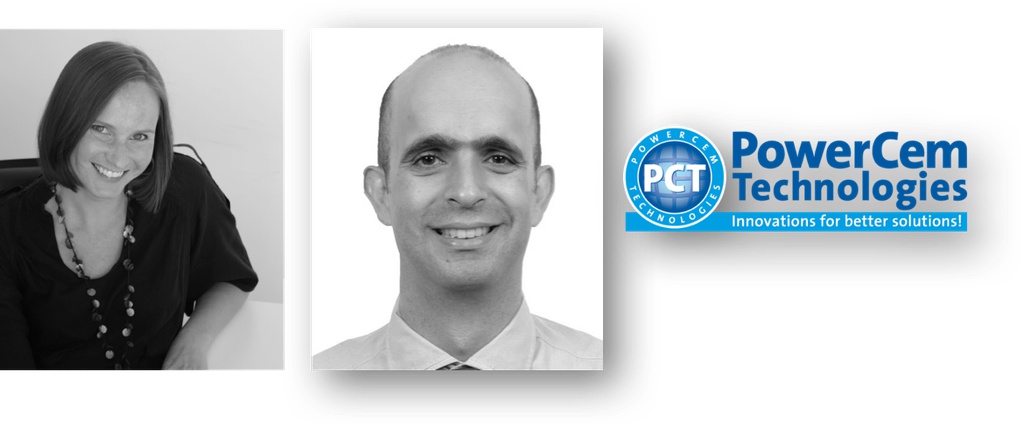
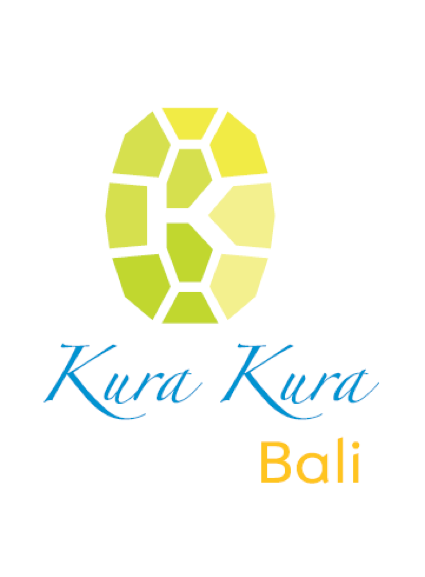
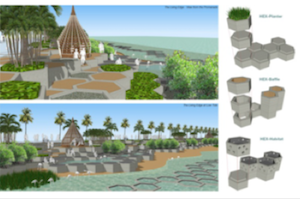 Conceived through a process of understanding Cultural and philosophical traditions; inspired by the ubiquitous ‘hexagon’ found in Nature; and Creating a solution that becomes a living part of the environment… “The Living Edge” is more than a wall that protects the coast line from coastal erosion; it creates an environment that can be physically accessed and explored. Designed first and foremost as a visually attractive, permeable and interactive edge that prioritises habitat creation and increases biodiversity; it also stabilises and protects the coast line from erosion.
Conceived through a process of understanding Cultural and philosophical traditions; inspired by the ubiquitous ‘hexagon’ found in Nature; and Creating a solution that becomes a living part of the environment… “The Living Edge” is more than a wall that protects the coast line from coastal erosion; it creates an environment that can be physically accessed and explored. Designed first and foremost as a visually attractive, permeable and interactive edge that prioritises habitat creation and increases biodiversity; it also stabilises and protects the coast line from erosion.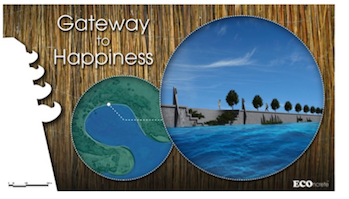 Gateway to Happiness bridges the gap between development and sustainability by providing a robust coastal defence solution, which revives ecology while inviting and connecting local communities to the shoreline. Rather than building a massive wall between people and the water, our project embraces the water, facilitating public engagement with the marine ecosystem, and providing enhanced physical and visual access to the water.
Gateway to Happiness bridges the gap between development and sustainability by providing a robust coastal defence solution, which revives ecology while inviting and connecting local communities to the shoreline. Rather than building a massive wall between people and the water, our project embraces the water, facilitating public engagement with the marine ecosystem, and providing enhanced physical and visual access to the water.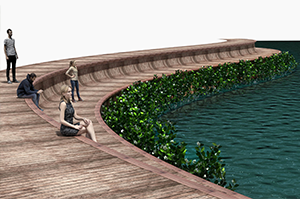 The extruded profiles appear as a series of columns, supporting a lower promenade that echoes the curved roofs of traditional Balinese architecture. Downlighting can be used to accentuate these features, giving the impression of a walkway suspended on columns of light. The wall is composed of 50% sengon sawdust and 50% biopolymer. Sengon sawdust is a byproduct of the Indonesian plywood industry. HDPE biopolymer is derived from sugarcane, a renewable raw material. This composite material is extruded to form an interlocking profile that has been developed specifically for the Kura Kura Bali project.
The extruded profiles appear as a series of columns, supporting a lower promenade that echoes the curved roofs of traditional Balinese architecture. Downlighting can be used to accentuate these features, giving the impression of a walkway suspended on columns of light. The wall is composed of 50% sengon sawdust and 50% biopolymer. Sengon sawdust is a byproduct of the Indonesian plywood industry. HDPE biopolymer is derived from sugarcane, a renewable raw material. This composite material is extruded to form an interlocking profile that has been developed specifically for the Kura Kura Bali project.